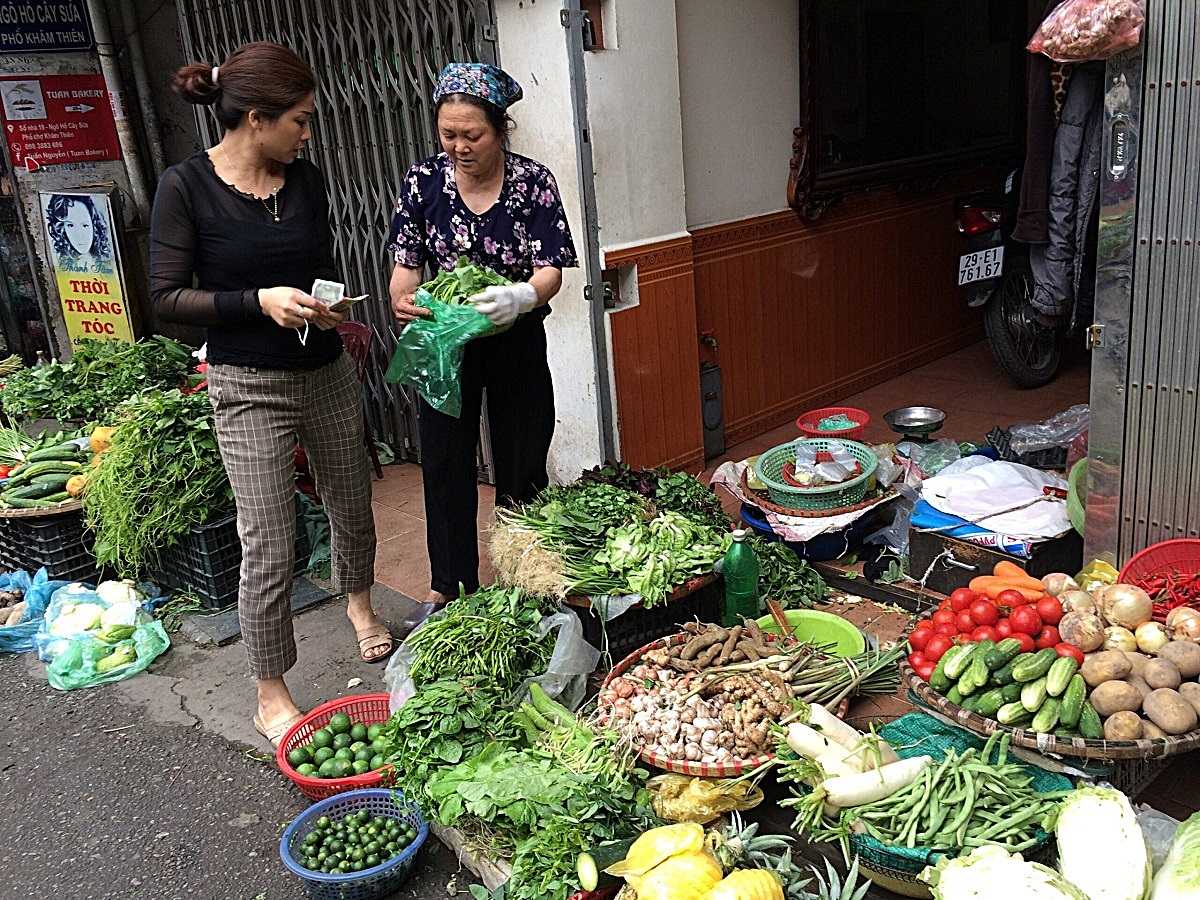Changing our food consumption patterns today requires us to seriously consider our identity. Taking it on is a significant task for the sustainable transformation that European cities are currently facing. The public is very resistant to changing their consuming habits, whether it be due to daily routines, ingrained behaviors, a comfort-seeking addiction, etc. The phenomena known as “incorporation”: food not only defines a lifestyle and bestows cultural and religious identity, but it also becomes a part of the eater’s body.
Changing the way consumers behave
Behavior scientists, who investigate the causes of resistance to change, emphasize that a comprehensive approach is required to change consuming habits. Public authorities can use the various models that come from this research to define a range of activities that are balanced. The basic framework that follows might be utilized: Citizens need to understand the benefits of adopting a healthier and more sustainable diet for their own well-being as well as for lessening their environmental effect. A nutritious and well-balanced diet must be readily available to them, and lastly, they must have opportunities in their lives and neighborhood to modify their habits.
Participation of the community
In the 1960s, preparing meals for a household of four took an average of four hours each day. It is already slightly over fifteen minutes. A growing portion of the population is profoundly disengaged with food, as previously highlighted by cities like Bristol within the URBACT network Sustainable Food in Urban Communities in 2012–2014. This apparent gain in efficiency and practicality actually masks a progressive loss of domestic culinary capabilities: frozen foods, ready meals, take-out, etc.
Today, cities are attempting to implement educational programs in public spaces, social centers, and schools to inform people about the advantages of a sustainable and healthful diet in response to this disengagement.
The Urban Innovative Action project Tast’in Fives Cail in Lille involved, among other things, the creation of an ecosystem of food-related activities centered around a “Gourmet Hall,” a communal “solidarity kitchen,” and an incubator around culinary professions.
Nutrition education
While simple nutrition education and awareness-raising campaigns, the avoidance of junk food, and the effects of conventional agriculture on the environment and public health are important, they are insufficient to change food consumption patterns in a sustainable way. Building citizens’ capacities through culinary events that showcase local products, trips to urban farms, and cooking workshops is a challenge for communities.
The enduring dietary practices of city people
Cities must also consider the diversity of their urban populations when implementing changes to eating patterns. Preservation of food recipe customs, observance of dietary restrictions, structuring of supply chains for traditional goods and designated distribution outlets, and other factors are powerful identity vectors that each cultural community should consider and activate in order to ensure that everyone can benefit from the shift to a healthier and more sustainable diet. Today,, the Brussels-Capital Region’s Good Food food strategy prioritizes fostering culinary diversity through funding numerous programs like the Green Canteen project, which focuses on food adaptation for training professionals in the health and social sectors or “social catering” with “cooking workshops” and “solidarity meals.”.
